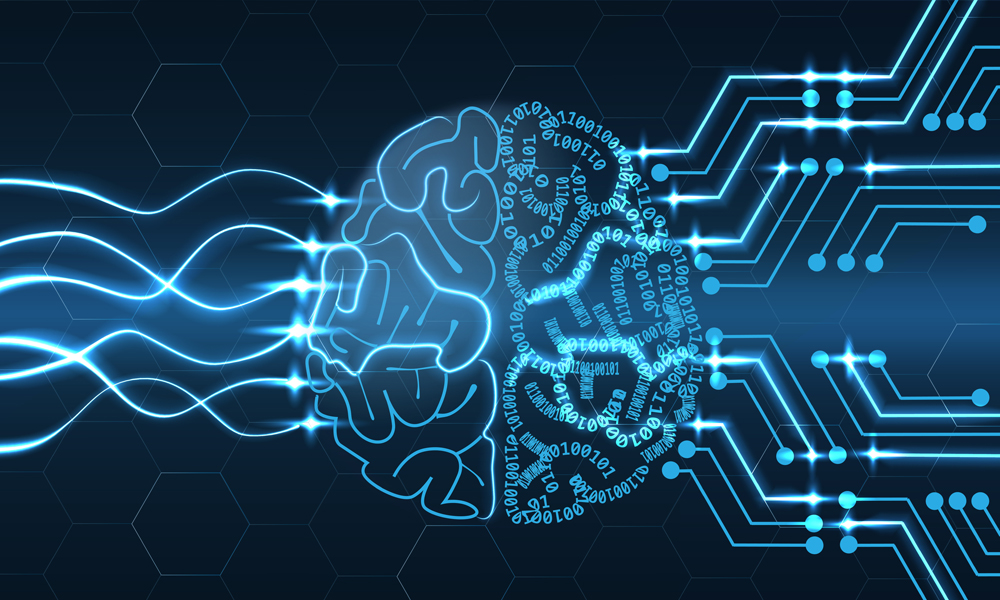AI has become a buzzword synonymous with the future of technology and innovation. However, the advancement of AI is not just about algorithms and computing power; it’s fundamentally about data. The adage “data is the new oil” has never been more pertinent than in the context of AI. But why is data so crucial for AI, and how do relational databases and data lakes fit into this narrative?
The Importance of Data for AI
AI learns and evolves through data. Machine Learning (ML), a subset of AI, involves training models on data to enable them to make predictions or decisions without being explicitly programmed to perform the task. This process is akin to human learning: the more quality data the AI is exposed to, the more accurate and efficient it becomes.
Data is not just a one-time requirement but a continuous need for AI systems. As the world changes, data changes, and AI systems must adapt. This is where the concept of ‘continuous learning’ comes into play. AI systems need ongoing access to fresh data to understand new patterns, adapt to changes, and improve their accuracy.
Relational Systems – The Heart of Data
Relational databases have been the backbone of data storage and retrieval for decades. They excel in managing structured data – data that adheres to a predefined model or schema. In the context of AI, structured data often includes customer information, transaction records, and sensor data, which are vital for various AI applications like customer behavior analysis, financial forecasting, and IoT devices.
The strength of relational databases lies in their ability to handle complex queries, maintain data integrity, and ensure transactional consistency. They are essential for AI applications that require rapid access to structured, reliable data. However, the evolution of AI demands more than just structured data.
Data Lakes – The Unstructured Reservoir
Enter data lakes, a newer paradigm designed to store vast amounts of unstructured data – data without a predefined schema, like text, images, and videos. This type of data is increasingly important for AI, especially in fields like natural language processing and computer vision.
Data lakes allow for the storage of data in its native format, offering flexibility and scalability that traditional databases cannot match. They enable AI systems to tap into a broader range of data types, fostering more innovative and versatile AI solutions.
The Symbiosis in AI Evolution
The coexistence of relational databases and data lakes is pivotal for AI’s evolution. Relational databases offer the precision and reliability required for structured data applications, while data lakes provide the scalability and flexibility needed for unstructured data exploration.
This symbiosis allows AI to benefit from a comprehensive data ecosystem. Structured data helps AI understand specific, quantifiable aspects of the world, while unstructured data opens AI to a wider array of human experiences and knowledge.
The Road Ahead
As AI continues to evolve, the integration of both relational databases and data lakes will become more seamless. Emerging technologies like federated databases and advancements in data lake architectures are already hinting at a future where data of all types and structures can be efficiently used for AI.
Moreover, with the increasing emphasis on data privacy and security, managing these vast data repositories responsibly will be critical. Ensuring that AI evolves ethically and sustainably will be as important as the technical advancements themselves.
The long-term need for data in AI is undeniable. The evolution and sophistication of AI systems are inherently tied to the diversity and quality of data they are fed. Relational databases and data lakes, each with their unique strengths, form the foundational infrastructure that will fuel AI’s journey into the future. As we stand on the brink of new discoveries and innovations in AI, it is the harmonious blend of structured and unstructured data, managed efficiently and ethically, that will pave the way forward.

